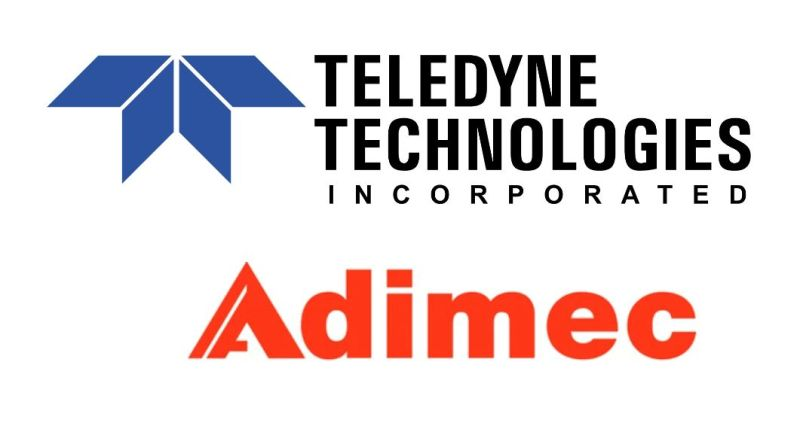CAReIOCA project completes, showcasing new optical imaging products from partners including Adimec's Q-2HFW camera and CMOSIS CSI2100 sensor for medical applications.
The CAReIOCA project, an FP7 initiative backed by the European Union, has recently concluded with its final newsletter release. This collaborative effort between Adimec and partners yielded several innovative products:
- The Adimec Q-2HFW, a white light metrology camera integrating CMOSIS’s CSI2100 sensor alongside Quad CoaXPress connectivity.
- The CMOSIS CSI2100, representing an advancement in high-speed, high full-well capacity (2000 ke) CMOS image sensors.
- A high-speed FFOCT microscope capable of handling large samples and the corresponding FFOCT endoscope from Aquyre (formerly LLTech).
The CAReIOCA project’s primary goal was to equip pathologists and surgeons with non-invasive optical imaging technology operating at the cellular level in real-time within the human body. The core optical technology is FFOCT, or Full Field Optical Coherence Tomography, which generates volumetric 3D images of semi-transparent tissues at micron resolution. This approach aims to aid cancer diagnosis (in skin, breast, prostate, brain, etc.) and improve biopsy quality control.
The project brought together five partners: Adimec (Netherlands), CMOSIS (Belgium), Aquyre/LLTech (France), Leiden University Medical Center (LUMC, Netherlands), and Institute Goustav Roussy (France). Clinical validation focused on head and neck cancer and breast cancer using FFOCT imaging diagnosis performance. Additional applications were also investigated.
With ongoing optimization and certification efforts, the Q-2HFW camera and high-speed FFOCT microscope will soon feature in Adimec/LLTech product lines. Pre-production models are set to be showcased at Photonics West 2016 in San Francisco; clinical findings will be presented there alongside other biomedical conferences.
Integrating the Q-2HFW camera into FFOCT prototypes resulted in notable improvements: system sensitivity increased threefold (from 200 ke, 150fps with a standard camera). The sensor’s larger size also expands the field of view. These enhancements enable faster intra-operative tissue evaluation—a key step toward clinical implementation.
Upcoming LLTech developments center on integrating this new camera and fulfilling regulatory requirements to deliver an FFOCT microscope suitable for research initially and, subsequently, for clinical use.
The FFOCT endoscope is still in development phase—user feedback guides specification refinement and design improvements. A demonstration image from the prototype (right) contrasts with one taken by Aquyre’s commercial Light-CT scanner on a rat brain coronal slice. Current endoscope performance lags behind the commercial system regarding sensitivity and resolution, yielding less detailed images.
Beyond IGR research on head/neck biopsies, the endoscope is also tested at TIMC in Grenoble for cartilage and prostate surgery applications.
This project received funding from the European Union Seventh Framework Program FP7-ICT under grant agreement number 318729.
Learn more about CAReIOCA here.
Related Posts:
- Interview with Fabrice Harm on high full-well capacity cameras for FFOCT systems
- A camera delivered for non-invasive biopsy assessment via high-resolution imaging
- FFOCT-based endoscope design using high-resolution imaging for non-invasive biopsies
- More accurate fingerprint identification with FFOCT high full-well capacity cameras
Last Updated: 2025-09-04 21:27:36
